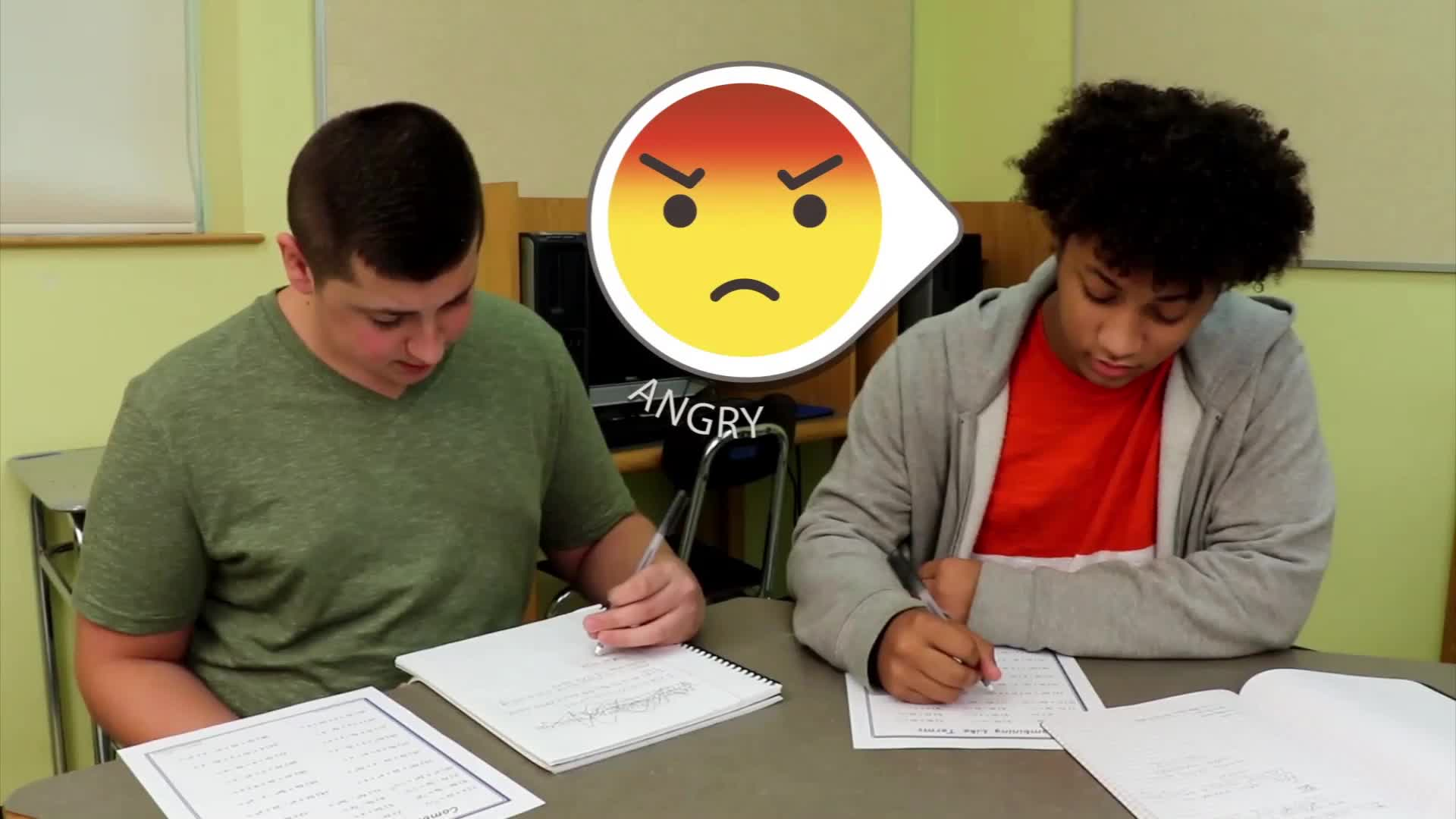
Introduction
As educators, one of our goals is to help students develop positive social skills. One such skill is the ability to recognize and avoid bragging. Bragging can make others feel annoyed or inferior, and it is essential for students to learn when and how to share their achievements appropriately. By incorporating principles of Social-Emotional Learning, we can guide students in understanding the importance of humility and empathy in their everyday interactions.
No-Prep Activity: Bragging vs. Sharing
In this simple activity, the educator reads out a series of statements, and students must decide if the statement is an example of bragging or appropriate sharing. The goal is to help students recognize the difference between the two and understand the impact of their words on others.
- Divide the students into two teams.
- Read out a statement (e.g., “I finished my homework in 10 minutes” or “I won the spelling bee”).
- Each team must decide if the statement is bragging or sharing. They should provide a reason for their choice.
- Discuss the answers as a group, focusing on the tone, timing, and frequency of the statements.
This activity helps students become more aware of their own words and the impact they have on others, fostering empathy and understanding in social situations.
Discussion Questions
- Why is it important to be mindful of the way we talk about our achievements?
- How can bragging affect our relationships with others?
- What are some strategies to share our achievements without bragging?
- How can we support our friends when they are struggling with a task?
- Can you think of a time when someone bragged, and it made you feel uncomfortable? How did you handle the situation?
Related Skills
Besides recognizing and avoiding bragging, there are other relevant skills that students can benefit from, including:
- Active listening: Paying attention to others and showing empathy in conversations.
- Effective communication: Expressing thoughts and feelings clearly and respectfully.
- Self-awareness: Understanding one’s own strengths and weaknesses, and knowing when to ask for help.
- Conflict resolution: Addressing disagreements in a respectful and constructive manner.
- Teamwork: Collaborating with others to achieve a common goal.
Next Steps
Now that you have a better understanding of how to teach students to recognize and avoid bragging, consider exploring more resources to support their social-emotional development. Sign up for free samples of these skills and others at Everyday Speech. By incorporating these valuable lessons into your curriculum, you can empower your students to become more empathetic, understanding, and successful in their social interactions.

